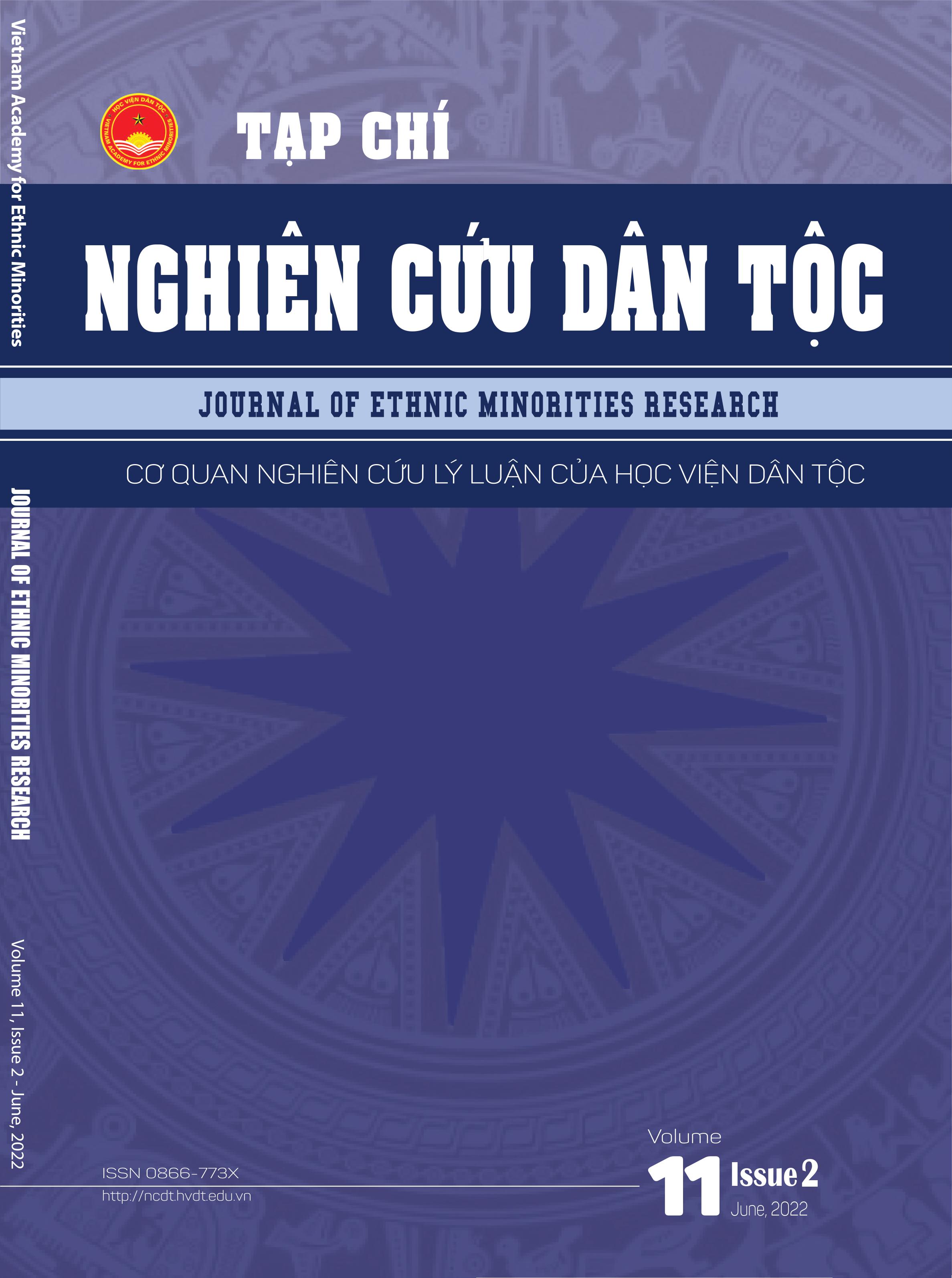DEVELOPING FLEXIBLE AND EFFECTIVE VOCATIONAL TRAINING MODELS FOR LOCAL ETHNIC MINORITIES WOMEN AT DISTRICT-LEVEL CONTINUING EDUCATION AND VOCATIONAL EDUCATION CENTERS IN THE DAK NONG PROVINCE IN THE CURRENT DIGITAL TRANSFORMATION CONTEXT CURRENT STATUS AN
Abstract
Vocational training for ethnic minorities women in general and local ethnic minority women in particular in the province of the Dak Nong is one of the top priorities in the field of vocational training and socio-economic development policies of the Dak Nong province. Currently, local ethnic minority women still face many difficulties in life, economy, culture and society.
Organizing research and properly assessing the reality of vocational training for local ethnic minority women in district-level vocational education and continuing education centers of the Dak Nong province is a very important and urgent job.
The authors of the article conducted a survey on the current situation of flexible and effective vocational training models for local ethnic minorities women in the Dak Nong province in the period 2017-2021, analyzing the strengths, weaknesses, causes and problems for effective management and development of vocational training models for local ethnic minorities women in the Dak Nong province in the coming time. Since then, the research team has proposed a system of effective management solutions to develop flexible and effective vocational training models for local women of ethnic minorities in vocational education and continuing education centers at district level in the current digital transformation context.
The study is carried out based on the following main approaches: Logical-historical approach; System approach in the direction of interdisciplinary, inter-regional and inter-level; Access to school education; Access to sociology; Access to value; Access to market; Access to psychology; Cultural access; Approach to case study; Access through expert opinion.
The study implements the following research methods: Methods of collecting information: Methods of researching secondary documents, methods of collecting information, primary data; Data analysis methods; Deployment method to replicate the model.


